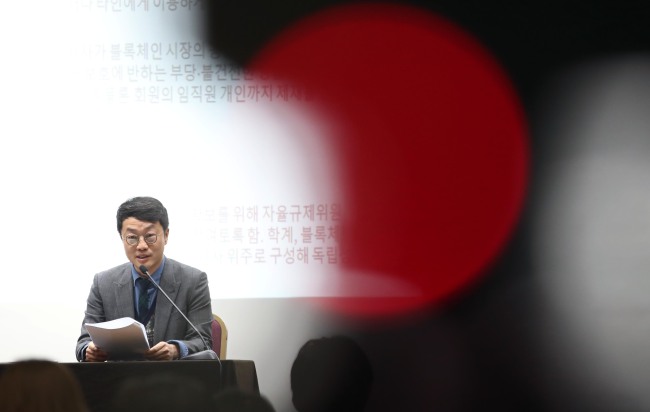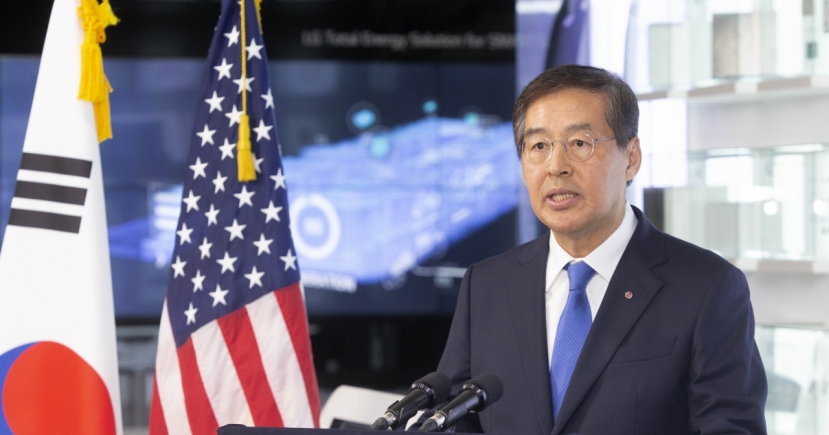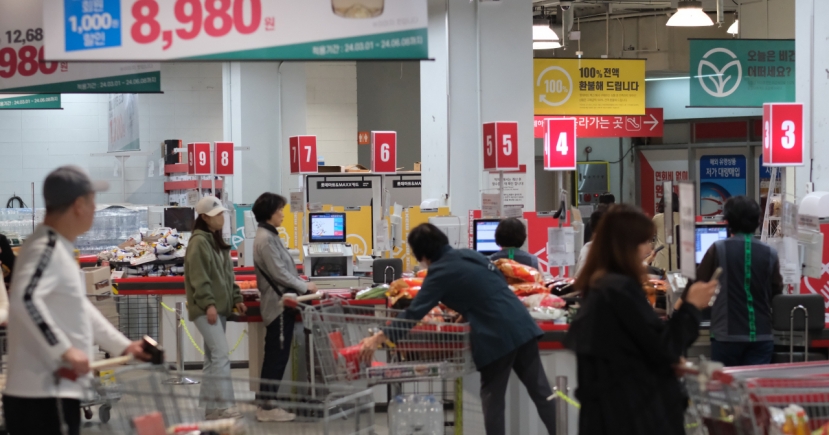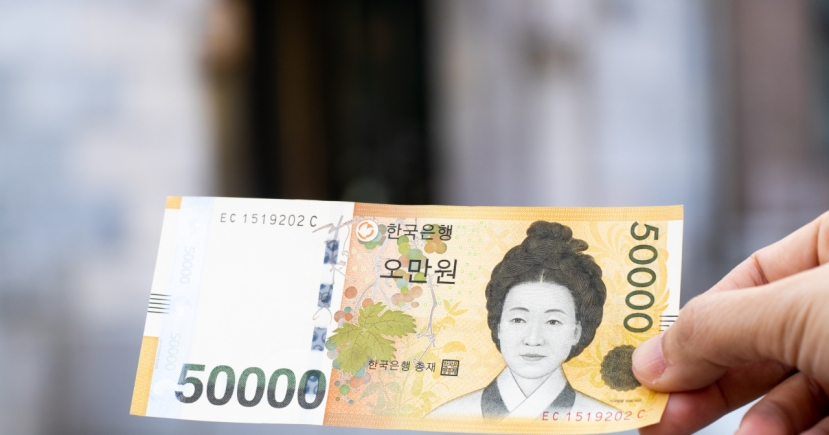Finance
[Q&A] Korean Bitcoin exchanges unveil voluntary regulations
[THE INVESTOR] A local association of major Bitcoin exchanges on Dec. 15 announced a set of self-regulatory measures aimed to ensure transparency and security in cryptocurrency trading amid the government’s clampdown.
The Korea Blockchain Association, composed of 14 major cryptocurrency exchanges including Bithumb, Coinone and Korbit, said it will only allow operation of exchanges with more than 2 billion won (US$1.84 million) in assets.
 |
Korea Blockchain Association co-founder Kim Jin-wha |
Under the rule, that will take effect in January, the exchanges are mandated to store entire cash deposits from the investors at traditional financial institutions like banks. They also have to put at least 70 percent of cryptocurrency deposits offline, known as “cold wallets,” to prevent hacking.
“This regulation, which is to protect consumers and boost transparency, is one of the strongest and effective rules in the world,” said Kim Jin-hwa, co-founder of the association, at a press conference. “We thought it was important to bring consensus among exchanges to prepare compliances to prevent further chaos in the future as the technology is developing at a very fast pace.”
Beginning January, Bitcoin investors are required to use only one account for cryptocurrency trade, after their identity has been checked via financial institutions.
The exchanges also vowed to put off issuing new cryptocurrencies for now, as well as stop promotional activities that stir speculation.
The decision comes after the Korean government proposed regulations on cryptocurrency trading, including ban on minors and foreigners, and levying tax on investment returns, in a move to curb heated speculation on cryptocurrencies in the world’s third largest Bitcoin trading country.
Following the government’s move, local banks, including Woori Bank and Korea Development Bank, said they are moving to shut down virtual trading accounts for cryptocurrency exchanges by year-end.
Following are the key questions and answers at the news conference.
Q: What’s your take on the government’s plan to deem cryptocurrency illegal, defining it as “fundraising business without permission?
A: In order to be regarded as a “fundraising business without permission,” the firm has to receive funds from investors in return for promises such as repayment of principal or interest or any kind of profit. But the exchanges that are operating don’t promise any return. Instead, they have warned investors of its dangers and uncertainties. So deeming cryptocurrency trade as illegal seems illogical and it is also the view of economic experts and scholars.
Q: Can the government levy tax on cryptocurrency trade?
A: We believe where there is income, tax has to be imposed. But regarding cryptocurrency as illegal and collecting tax seems contradictory. Recently, the Financial Services Commission said it doesn’t recognize Bitcoin as an underlying asset for derivative products, while the National Tax Service says it will impose tax because Bitcoin is an asset. The different government agencies would have to reach a consensus before deciding to impose tax.
Q: Why is cryptocurrency exchange Upbit excluded from the association?
A: We have asked Dunamu, which operates Upbit, to join the association but haven’t heard from them. Upbit is kind of different from other cryptocurrency exchanges. Upbit is the Korean unit of the US-based Bittrex, which is a type of exchange not regulated under the US compliance. So I am not sure if Upbit will be applied under the same regulatory roof as other members of the group.
Q: Why are you requiring exchanges to open customer services centers offline?
A: When there is conflict between the exchange and the traders, and between investors, the resolving process takes a long time, as the cryptocurrency exchanges are not regulated under the current law. The service centers will assist consumers to reach the exchanges faster and it will be easier to help and resolve any kind of problems.
Q: Where can consumers open virtual trading accounts from next year?
A: The six banks include NongHyup, Kookmin, IBK, Hana, Shinhan and Gwangju.
By Ahn Sung-mi (sahn@heraldcorp.com)






![[KH Explains] Korean shipbuilding stocks rally: Real growth or bubble?](http://res.heraldm.com/phpwas/restmb_idxmake.php?idx=151&simg=/content/image/2024/04/25/20240425050656_0.jpg)
![[Hello India] Hyundai Motor vows to boost 'clean mobility' in India](http://res.heraldm.com/phpwas/restmb_idxmake.php?idx=151&simg=/content/image/2024/04/25/20240425050672_0.jpg)
